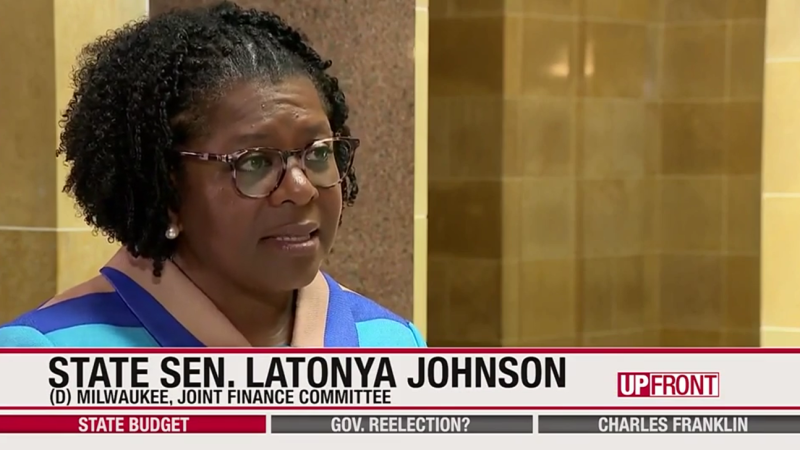State Sen. LaTonya Johnson says Senate Dems are "not willing to be picked off one by one" to back the budget, but she still sees a bipartisan path to a two-year spending plan. "We are determined to stick together as a body to make sure that this is a bipartisan process, that are not willing to be picked off one by one," Johnson said on WISN 12's “UpFront,” which is produced in partnership with Wis...
Please log in to access subscriber content.
If you don't have a subscription, please contact schmies@wispolitics.com for subscription options on the WisPolitics-State Affairs platform, which is the new home for WisPolitics subscriber products.

